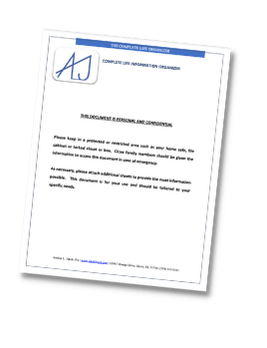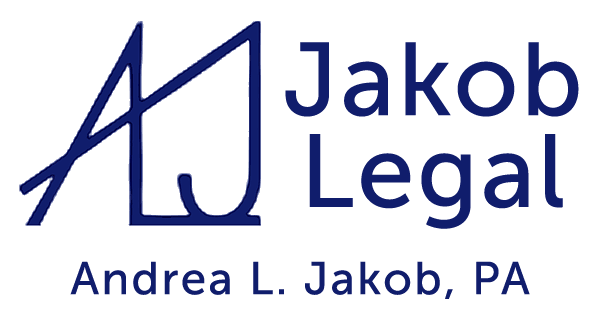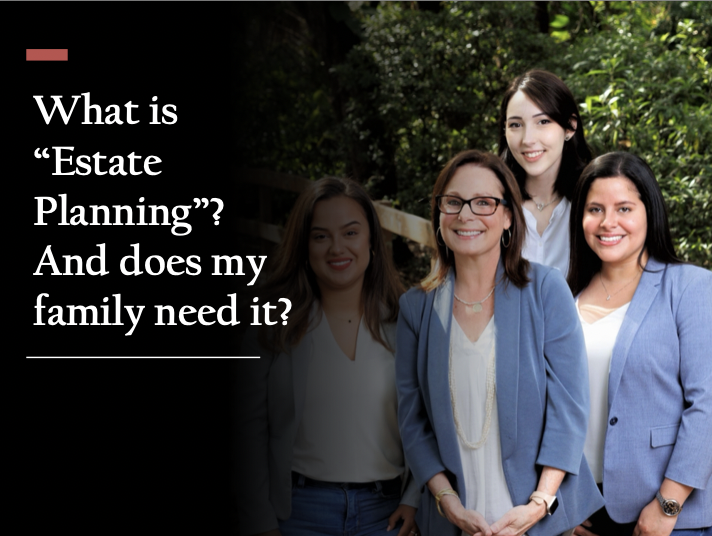Frequently Asked Questions
It all begins with a conversation. Contact us to get started!
Step one is to call our office and schedule your initial attorney appointment. At that time, you will be assigned a Client Coordinator who will immediately begin helping you to prepare for your appointment. You will chat with us about your goals, concerns, and your family. You may be asked to complete some questions, and your coordinator will be able to help you with this part of the process. We will schedule your signing date so you'll know when your plan will be complete.
We have streamlined the estate plan process, so you can spend less time at your lawyer's office, and more time living your life. Our 5-step proven process will make your experience at our firm a relief from worry.
It is a unique law firm experience. Unlike the big and fancy firms, or the solos that haven’t revamped their process in decades, we don't just sell documents, we deliver peace of mind. We communicate with you, listen to you, and treat you like we would wish our family would be treated. We may be attorneys, but we promise exceptional customer service and personalized attention.
We have streamlined the estate plan process, so you can spend less time at your lawyer's office, and more time living your life.
A valid question. Our first step in determining fees is to discuss exactly what your needs are. Some clients may require a more complicated estate planning approach, but often they actually need less than they think. But it’s something we won’t know until we take a “look under the hood.” We will only recommend what is necessary. Most estate plans are done on a flat fee basis, with all costs and expenses disclosed in advance.
An estate plan is planning for your life, future and peace of mind for you and your family. Estate planning doesn’t begin and end with your will, it is also about planning for what happens to you, your family and your property if you become mentally or physically incapacitated.
Many people believe they don’t need an Estate Plan; especially if their assets are modest or they are not yet retirement age. But everyone needs an estate plan. A will is a written legal document that specifies how and to whom you want your assets distributed after you are gone. If you die without a will (intestate), the State of Florida determines how your assets get divided, and who your beneficiaries will be. A judge will decide who handles the administration of your estate. For those with minor children, a Will is the only way to appoint a guardian for your child in the event of your death.
Because people are not one-size fits all, an Estate Plan shouldn’t be one-plan fits all. There are several types of trusts that may be useful for your individual needs. A skilled attorney will understand what your family’s needs are and what additional planning documents will be necessary.
1. Add our email address and website “jakoblegal.com” to your safe email list and
check your spam folder.
2. Homework. You will not be bombarded with homework but some questions will need
your response.
3. Please sign up for our newsletter! Whenever there is a change in the law or new
valuable information, we will share it with our clients in a newsletter.
4. Also please let us know if you’re receiving any emails in error. Our software is
constantly improving and evolving but sometimes it acts like a Tesla and it just drivesThe JakobLegal Difference
itself.
Wills must conform to Florida law and must clearly and unambiguously reflect your wishes. While it may be tempting to use do-it-yourself forms, remember that a Last Will and Testament is just that — it’s the last thing you’ll do. If a mistake is discovered after your death, you don’t get a second chance to make things right, this is not an area in which to be penny-wise and pound foolish.
Usually a good estate plan includes a Last Will and Testament, Advanced Health Care Directives (including a Health Care Surrogacy, HIPAA Release and Living Will,) and Durable Power of Attorney. Quite often we include a Revocable Living Trust as part of our client’s estate plan. A revocable living trust is usually known as an instrument to avoid probate, but it is also a powerful tool to keep your estate plan a private family matter and to protect you, your family and your assets during life, during life’s challenges and after you pass away.
Often disability planning is avoided during the estate planning process. This is a mistake since statistics show that while people are living longer, they are not necessarily living healthier. Aside from this, illnesses can arise, or accidents can occur, rendering you incapable of making personal and financial decisions. Therefore, your estate plan should address both planning for incapacity and planning for death.
A revocable or living trust is a legal document often used as a means of avoiding probate and saving taxes at death. It is an instrument created to manage your assets while you are living and distributes your assets following your death. The trust is "revocable" since you can terminate it or change it at any time as long as you are living and not incapacitated.
You need to review your plan on a regular basis (every one to three years) to ensure that it still meets your estate planning goals.
Get The Ultimate Life Organizer
There's a lot to think about when you're collecting information for your estate plan. Download our free 17 page Complete Life Organizer and make sure you have everything covered!
Get The Organizer
*We value your privacy. We'll never rent or sell your information!*


